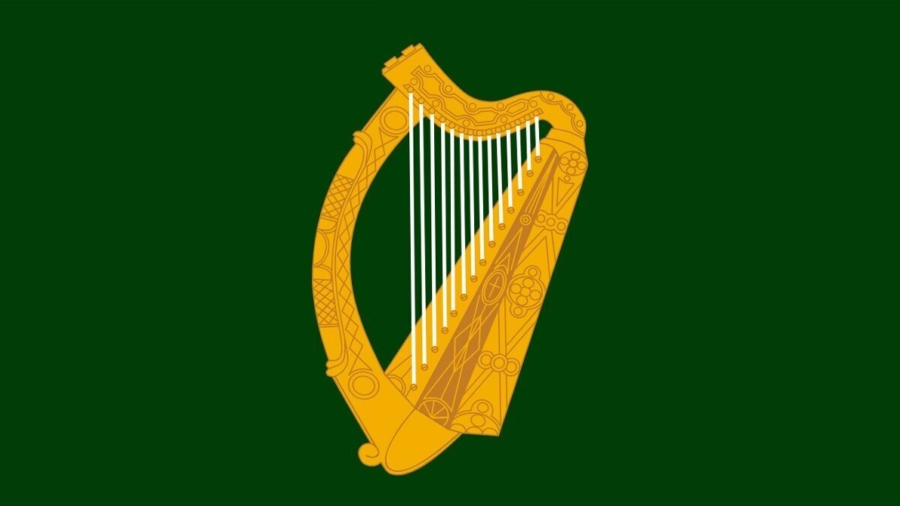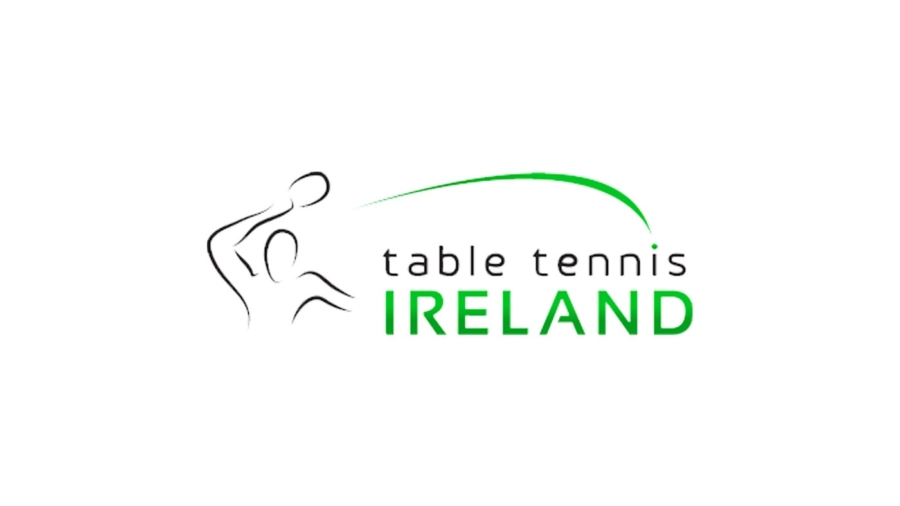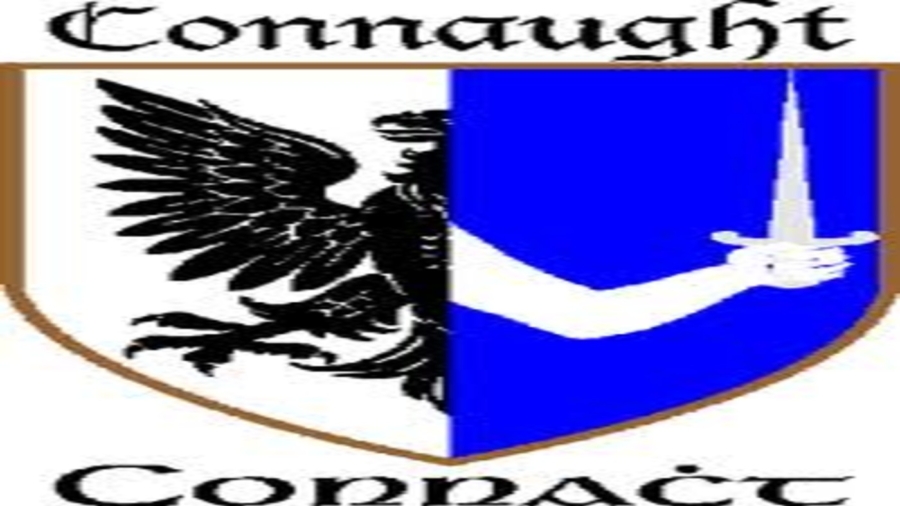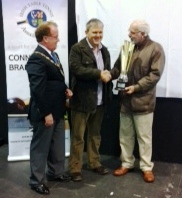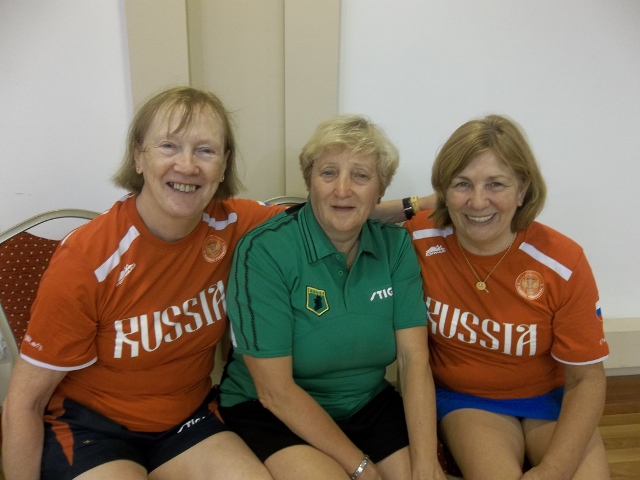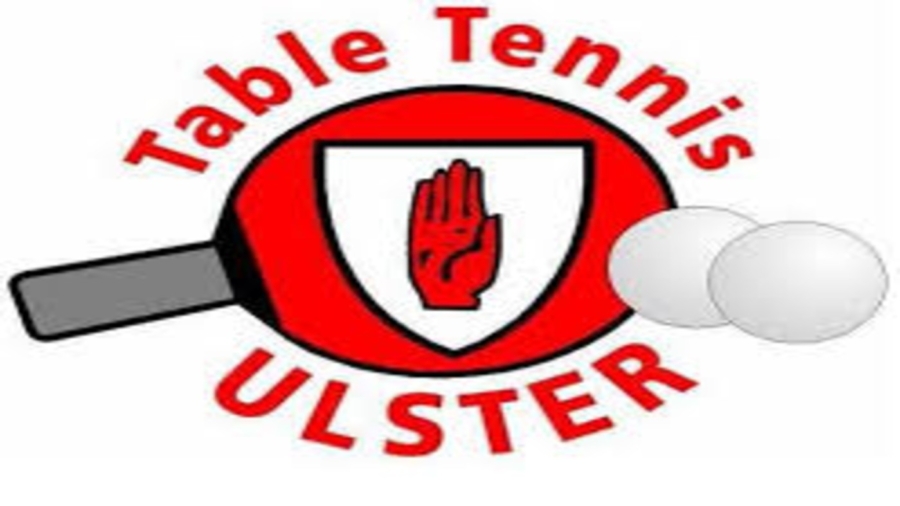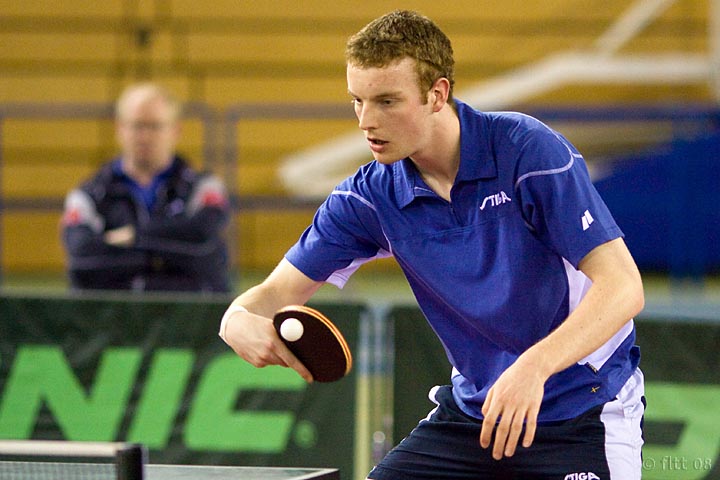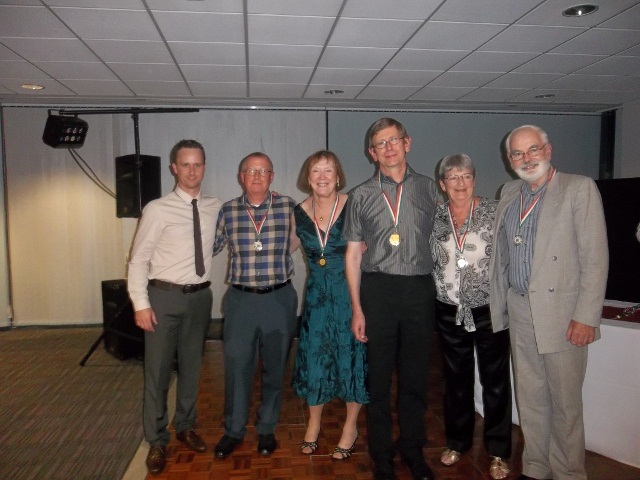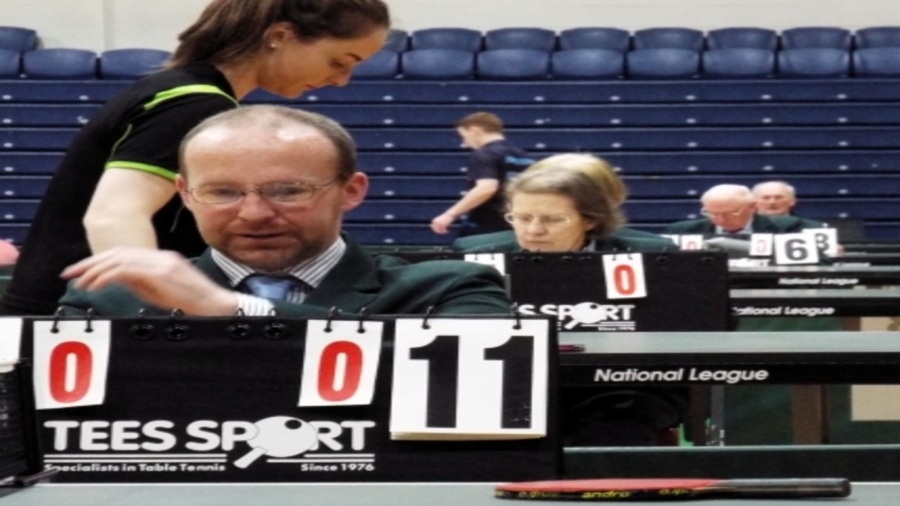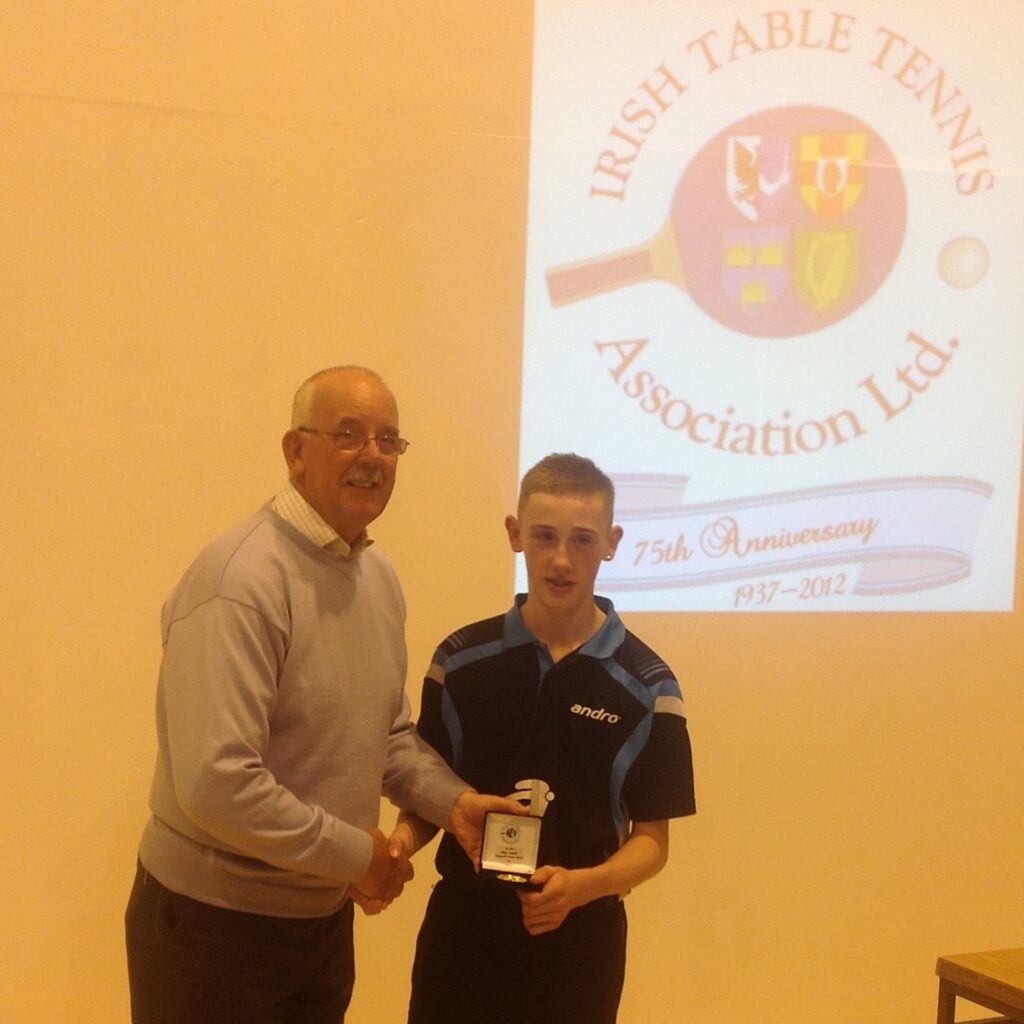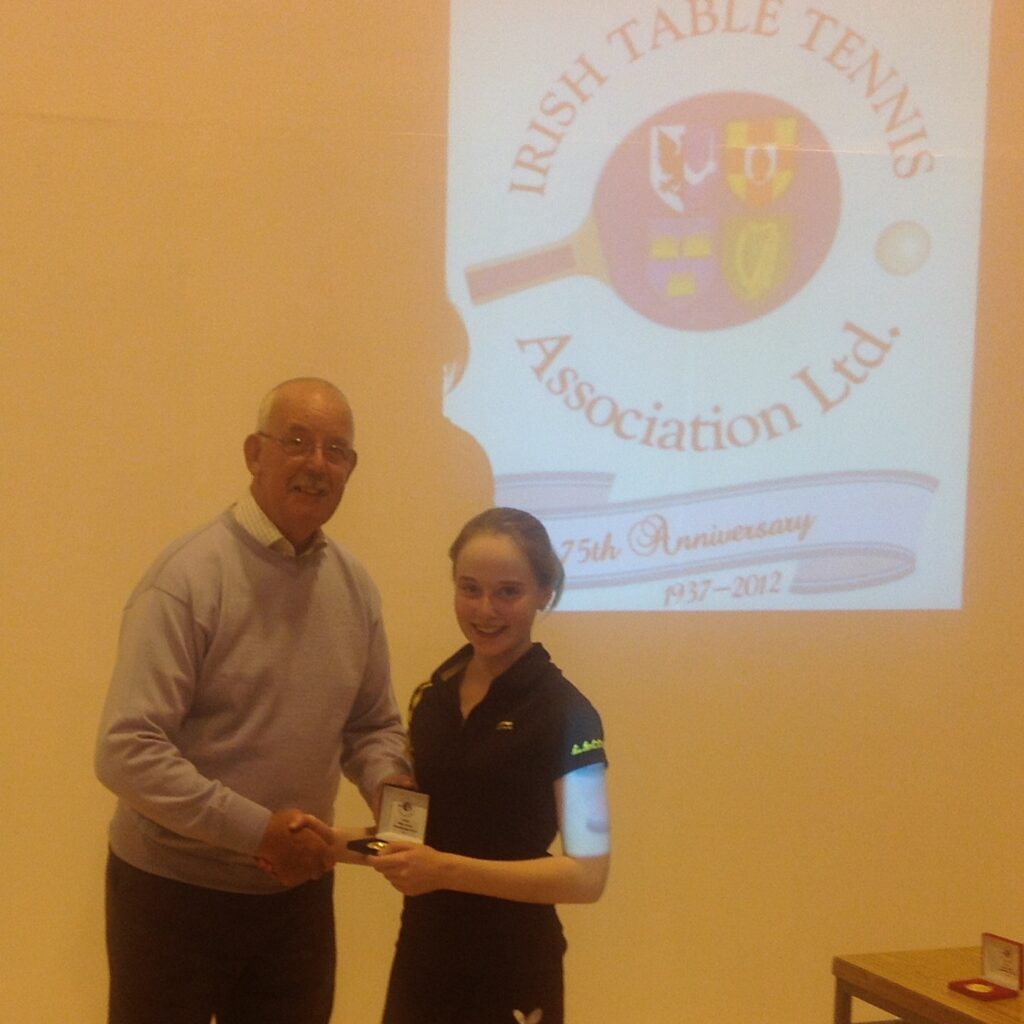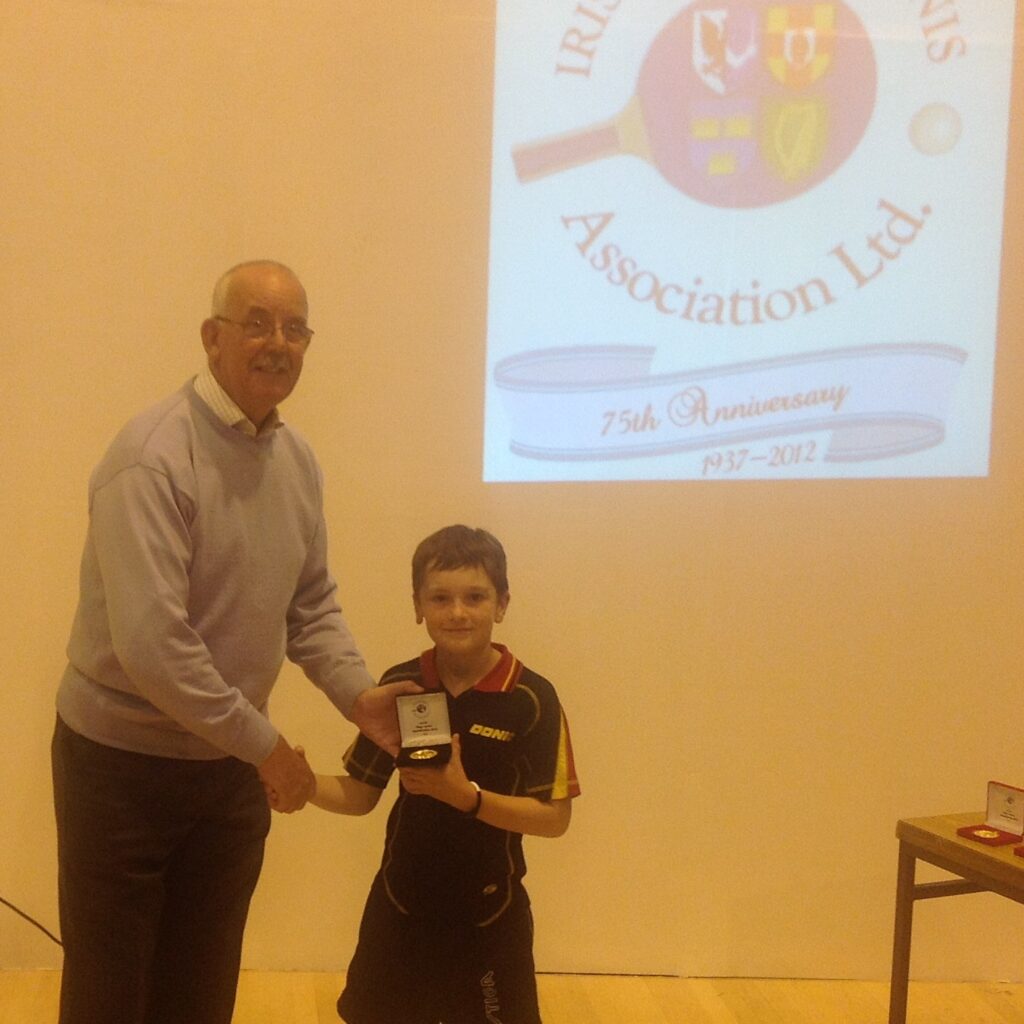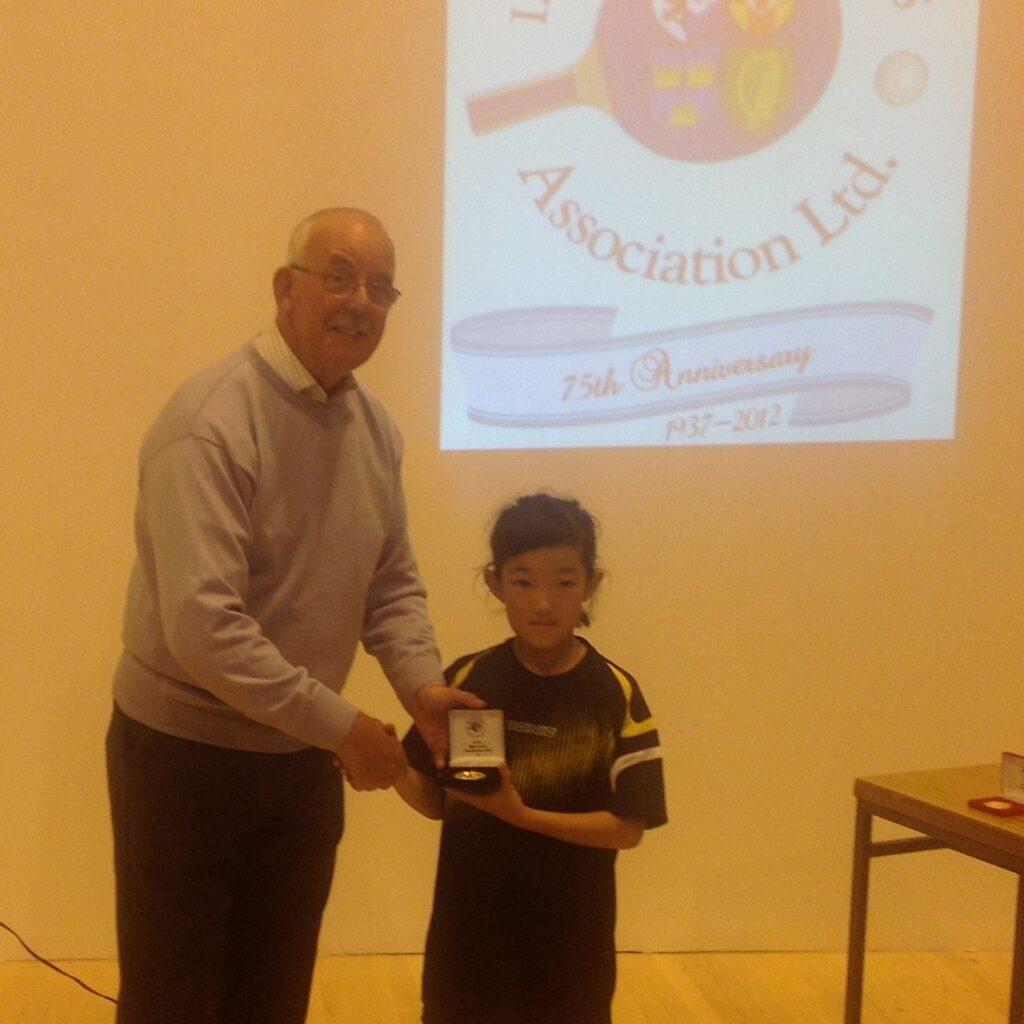Pawel Sulkowski made a very successful foray into the Leinster Masters at Lucan, winning two titles on his debut, while Ros Carpenter continued her excellent early season form. Some new faces also emerged on a busy day, with 52 entrants altogether.
Istvan Kozak and Robby Davis registered good wins in the group stages of the Over 40s, Istvan winning narrowly on countback. Some anomalies in the seedings led to high quality, high octane encounters in the early rounds of this event. Spectators were treated to some excellent matches featuring Kevin Mackey, Pat McCloughan, Keld Jaksland, Tibor Pofok and Kevin Devaney. Indeed Pawel Sulkowski had to overturn a 1-2 deficit to beat Mackey in the fifth set of a sharp, high tempo duel! However, the final produced a real clash of styles between aggressive topspin and durable anti-loop defence when Pawel faced maestro Tommy Caffrey. Having succumbed to Pawel’s consistent, powerful topspin strokes in the first two sets, Caffrey changed tack. From the start of the third set, Tommy engaged in more counter hitting and blocking close to the table. Those still in attendance were treated to several high class extended rallies, and Caffrey levelled the match at 2-2. Pawel made a determined, powerful start to the fifth to lead 5-1, and he closed the match out 11-4. A worthy winner.
Ros Carpenter won the Ladies title, beating Teresa Devaney 11-4 in the fifth set. Her consistent stroke play defied the more exuberant ploys which Teresa tried. However, Teresa confessed to being a little jaded after Stockholm, Cardiff, Belek and Wolverhampton in recent weeks!! Sharon Gibbons won an important victory over Gillian Richardson to finish third. This event provided good preparation for all concerned prior to the Colleens appearance at the British Veterans League in November. We wish them well!
The Restricted 40s event featured some interesting clashes, notably between Devaney and Sulkowski. The outstanding match here was Pat McCloughan’s semi-final victory over Tibor Pofok, 11-9 in the fifth. Pawel beat Pat in the final.
The 50s saw Ferenc Szeles overturn an earlier loss in the group stages to beat Brian Finn in the final. His unusual aggression with anti-spin rubber proved most deceptive at critical stages. Finn had won a hard fought semi-final with Keld Jaksland 11-9 in the fifth set. Tommy Caffrey triumphed in the 60s, beating Finn 10, 5, 4 in straight sets in the final. Nobody in this category was any match for Caffrey’s resolute defence. Mike Nash accredited himself well with decent performances here against Caffrey and in the 40s against Kevin Mackey.
Eleven competitors played in the 70s event. This meant that the usual Round Robin could not be engaged in. It is heartening to know that these campaigners wished for more action instead of the restricted number of matches this time around! Hopefully these shortcomings will be addressed next time out. Ted Mahaffy beat old friend and rival Ronnie Drain in the final. Now their thoughts begin to stray towards Bremen in May 2013 for the European Championships. Bring it on!!
Alan Lyons, Krzysztof Karczewski and Ken Ridsdale won consolation events. In the first doubles event for many years, Caffrey and Pofok triumphed over Szeles and Kozak in straight sets in the final.
Our thanks to STIGA for their generous support at all of our events.

